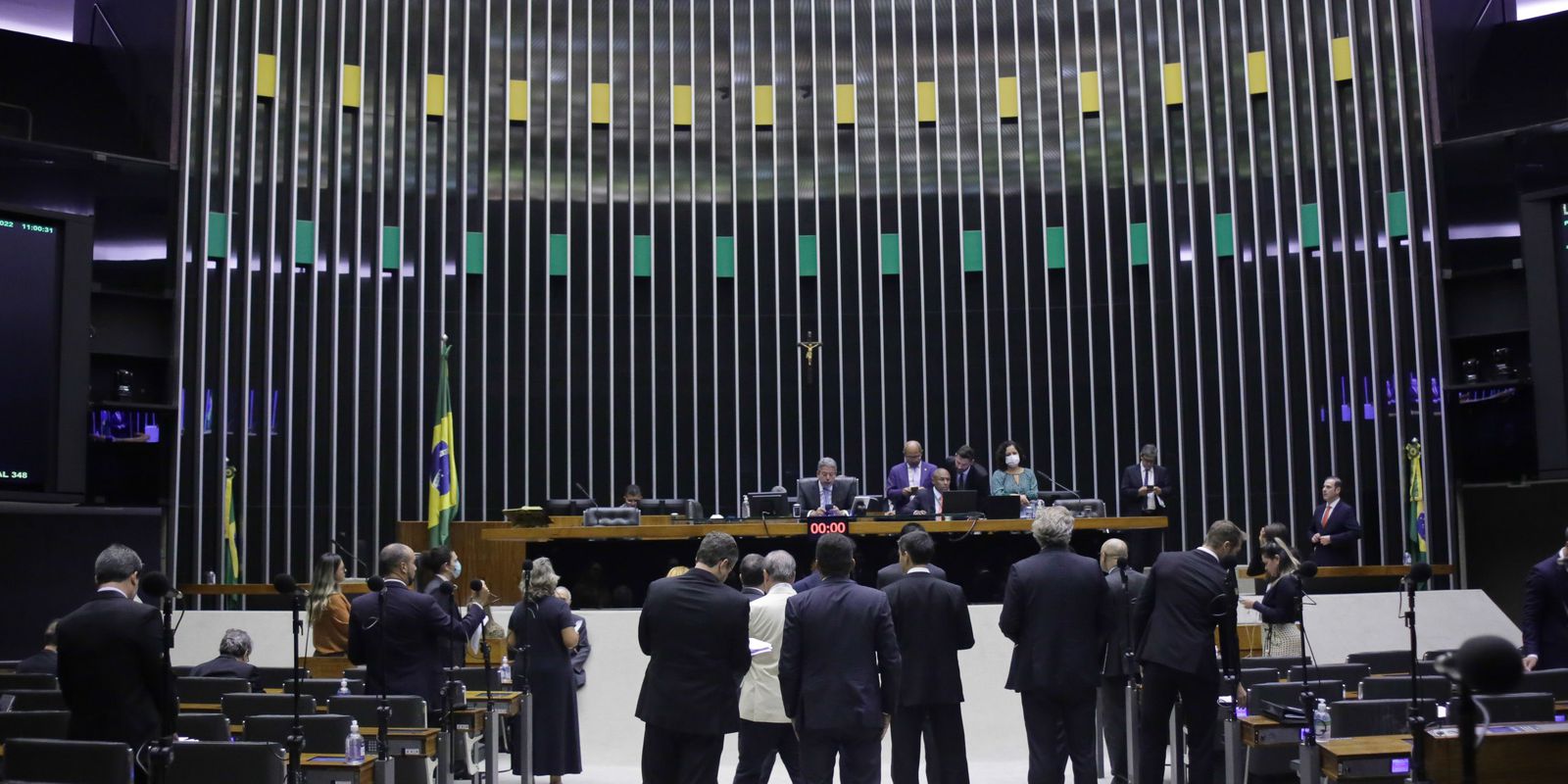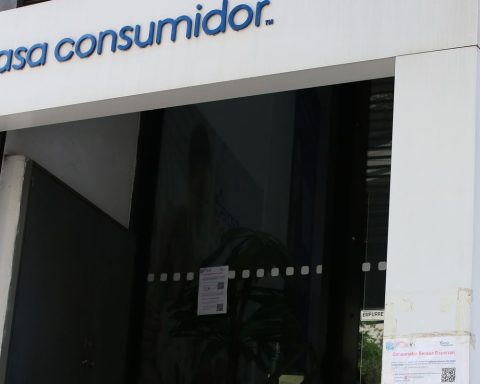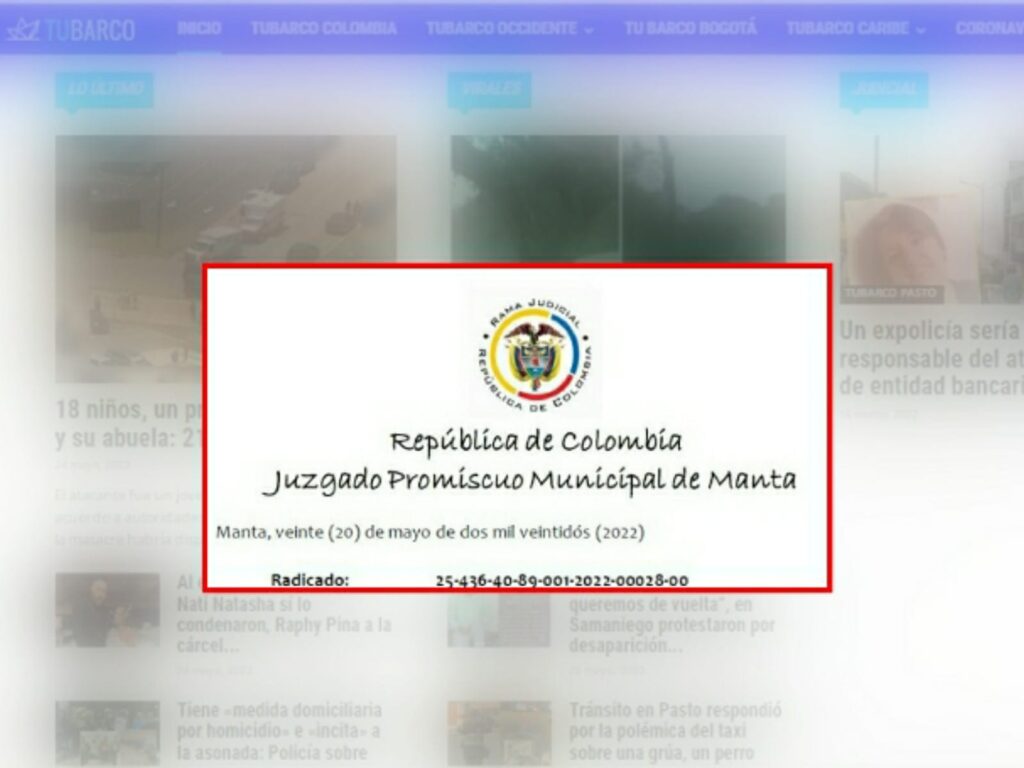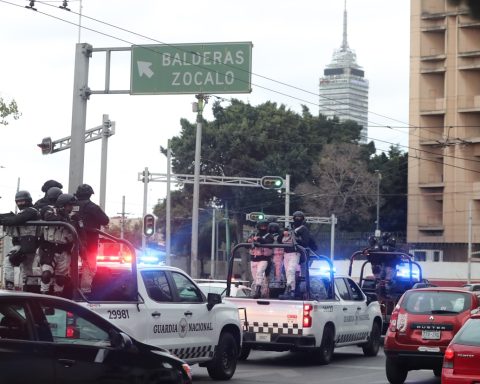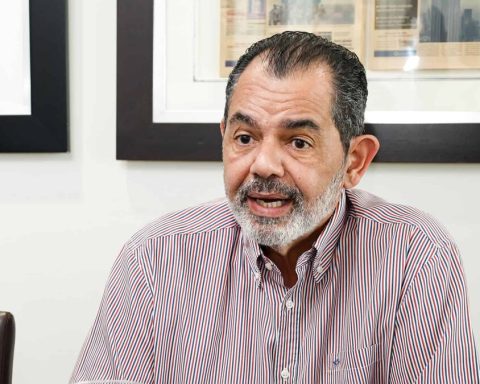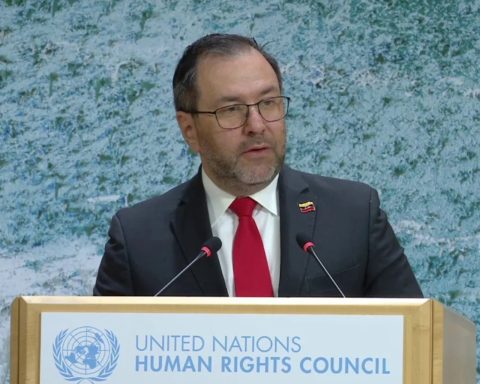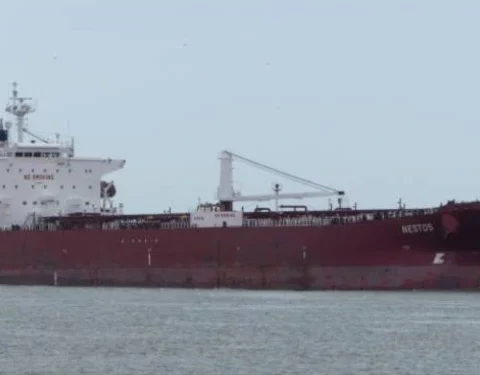Last night (25), the Chamber of Deputies approved the project that limits the application of the Tax on the Circulation of Goods and Services (ICMS) on goods and services related to fuels, natural gas, electricity, communications and transport. collective.
The proposal classifies these sectors as essential and indispensable, leading to the establishment of the rate at a maximum level of 17%. The text will be sent to the Senate.
The vote on the text was announced last week by the president of the Chamber, Arthur Lira (PP-AL), with the justification that it will help reduce fuel prices.
The measure, however, displeases the states, which argue that the reduction will precarious or extinguish the provision of services within the competence of these entities.
In yesterday’s vote, the deputies approved a substitute text by the rapporteur deputy Elmar Nascimento (União-BA) on the original project. According to the text, it will be prohibited to set rates for essential goods and services higher than those for operations in general (17% in most states), but it will be allowed to reduce them below this level.
However, as of the publication of the future law, the state that has lowered rates for fuel, electricity and natural gas will not be able to increase them.
In relation to electricity transmission and distribution services and the sectoral charges linked to these operations, the project prohibits the levying of ICMS.
Compensation
The bill also provides for compensation to states for the loss in tax revenue. According to the text, there will be, until December 31, 2022, compensation paid by the federal government to the states for the loss of tax collection through discounts on installments of refinanced debts of these federated entities with the Union.
The bill also says that these compensations will be paid only on the penalties that occurred during the year 2022. The compensation will be interrupted if the states practice changes in the tax rates, returning to levels in force before sanctioning the law or if there is no more balance to be paid. be compensated, whichever comes first.
Although the project deals with the compensation for the drop in revenue due to the decrease in the rate on these products and services now considered essential, the calculation of losses will include the total ICMS collected.
According to the text, the compensation will also occur through the deduction of the amounts of debt installments of the States with the Union and will only reach the losses in 2022 that exceed 5% compared to 2021.
For states that have debts refinanced under the Tax Recovery Regime established by Complementary Law 159/17 and subsequent changes, losses from ICMS collection during 2022, compared to 2021, will be fully compensated by the Federal Government.
The project also removes from the Fiscal Responsibility Law (LRF) and from the Budget Guidelines Law (LDO) requirements regarding revenue losses, determining that these legislations do not apply to the law derived from the project and to the acts of the Executive Branch that regulate the matter. .
With this, it will not be necessary to demonstrate the budgetary-financial impact in this exercise or the presentation of compensatory measures for the loss of revenue with the compensation to be made by the Federal Government.
Diesel
In addition to dealing with the ICMS rate, the text also brought changes in the legislation that stipulated the establishment of a single ICMS rate for fuels in all states, with collection of the tax by volume instead of rate.
The change eliminates the possibility of an agreement by the National Council for Finance Policy (Confaz) establishing the rates for diesel in a different format from the transition imposed by the law, which determines the use of the moving average of prices charged to the final consumer in the five years prior to the its fixation by the council. The measure is valid only until December 31, 2022.
At the end of March, in compliance with the provisions of the Law, the council established a single ICMS rate of R$ 1.006 per liter of diesel. The resolution also brought the possibility that each state could determine a discount on the percentage charged and ICMS to arrive at this rate.
But, in the government’s assessment, the measure did not, in practice, result in a change in the amount charged by state governments. As a result, the government decided to go to court, and the measure was suspended injunction by the Minister of the Federal Supreme Court (STF) André Mendonça, in response to a request from the Attorney General’s Office (AGU).
In his decision, the minister suspended part of a Confaz resolution on the subject, in addition to asking the state finance secretaries for information on average prices under the terms of the law.
In the assessment of the states, the suspension of this mechanism alone could lead to an increase in the price of fuel at the pumps, instead of reducing it. As for the setting of single rates, the problem would be the loss of revenue for those who charge more and the increase in prices for those who charge less.
*With information from the Chamber Agency
